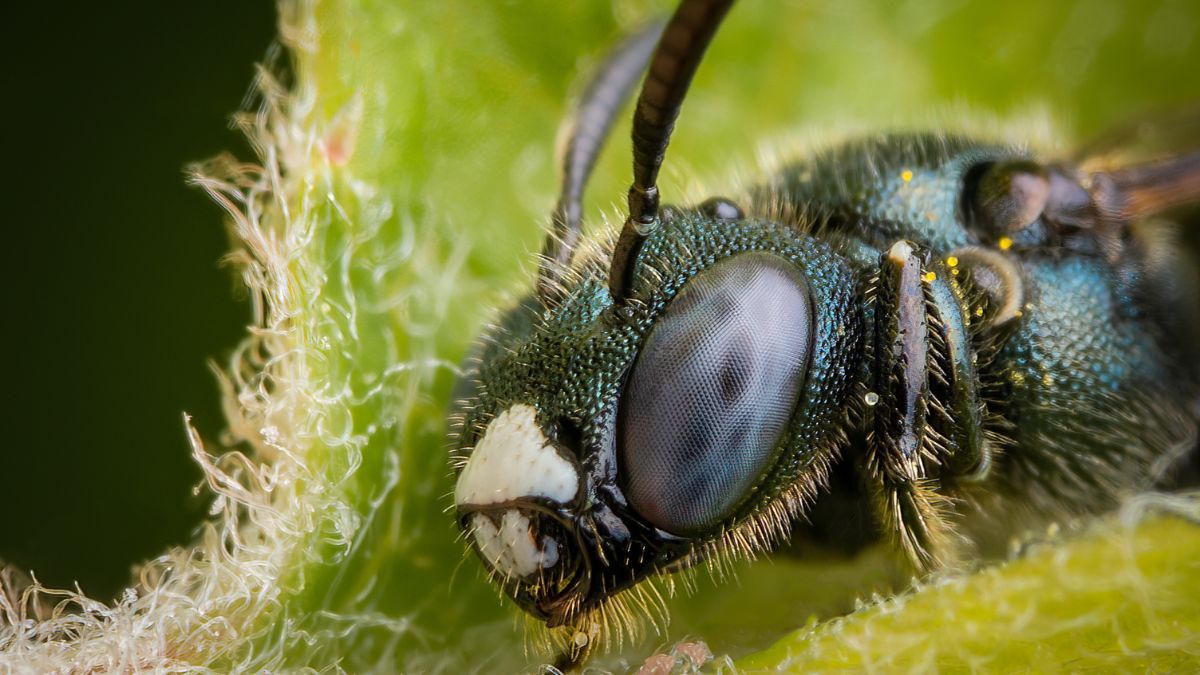
$15 Fix That Instantly Stops Carpenter Bees From Destroying Your Home
Carpenter bees can cause serious damage to wood surfaces, but simple, weatherproof solutions make it easy to protect your home


Carpenter bee house traps are everywhere these days. Maybe you’ve seen them on Amazon, Pinterest or your neighbor’s backyard fence. Cute, simple, and affordable. And if you’ve ever had a carpenter bee problem, you’ve probably wondered: “Will this bee house fix it?”
Unfortunately, the answer is no. Bee houses don’t stop carpenter bees—especially when the infestation has already started. Here’s why, and the carpenter bee treatment that actually works.
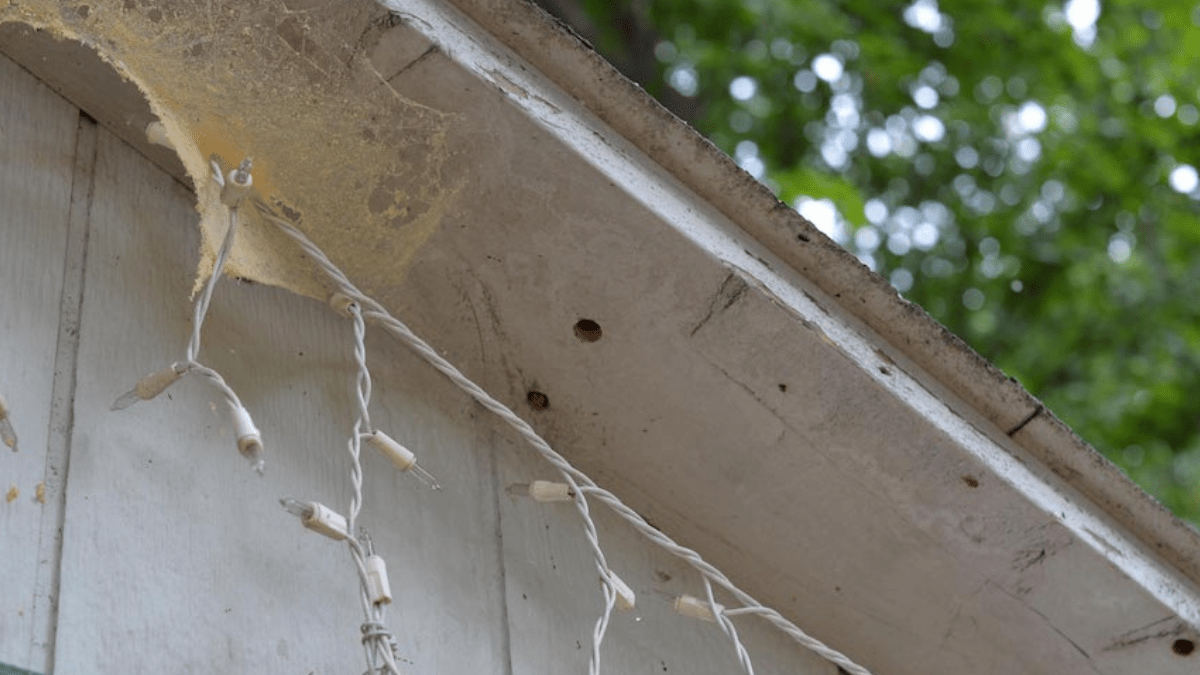
Unsealed carpenter bee tunnels do more than let bees in. They attract:
All of this happens quietly, invisibly, until the wood starts collapsing under your feet—or falling from your roofline.
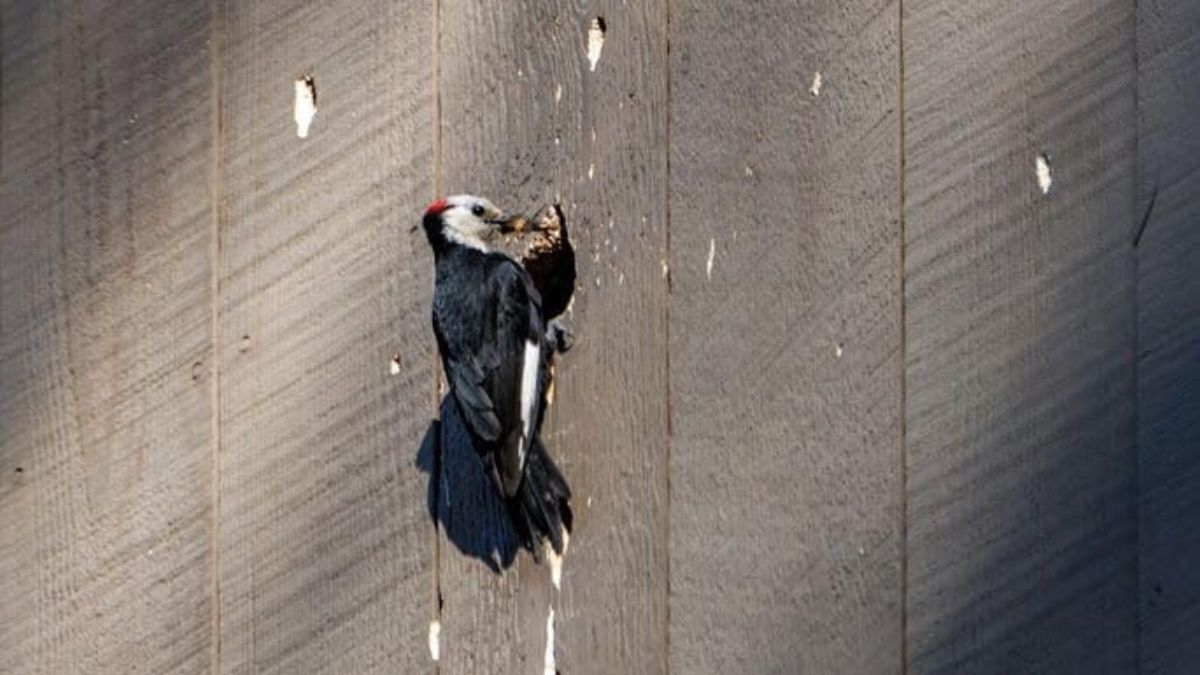
Our patented BB PRO® traps solve the problem at the root:
Carpenter bees don’t usually drill new holes unless they have no choice. Instead, they prefer to return to the tunnels they’ve already made year after year. Why go through the effort of creating a new hole when the old one is still there, ready to be reused?
These bees aren’t lazy—they’re strategic. Once they’ve claimed a spot in your fascia board, deck rails, or trim, they stick with it. They’re not trying to work harder; they’re just smart little squatters making the most of what’s already available.

Let’s be clear: we’re not against carpenter bee houses. They can be useful if you’ve already solved the core issue. Think of them like a scarecrow—great for deterring the next round, but useless during an active stampede.
Don’t just plug the holes. Don’t just hang a house. Block, trap, and repel.
Because once the bees are in, a house won’t evict them—it just gives them another option.
Stop the infestation before it spreads deeper and invites even worse pests.
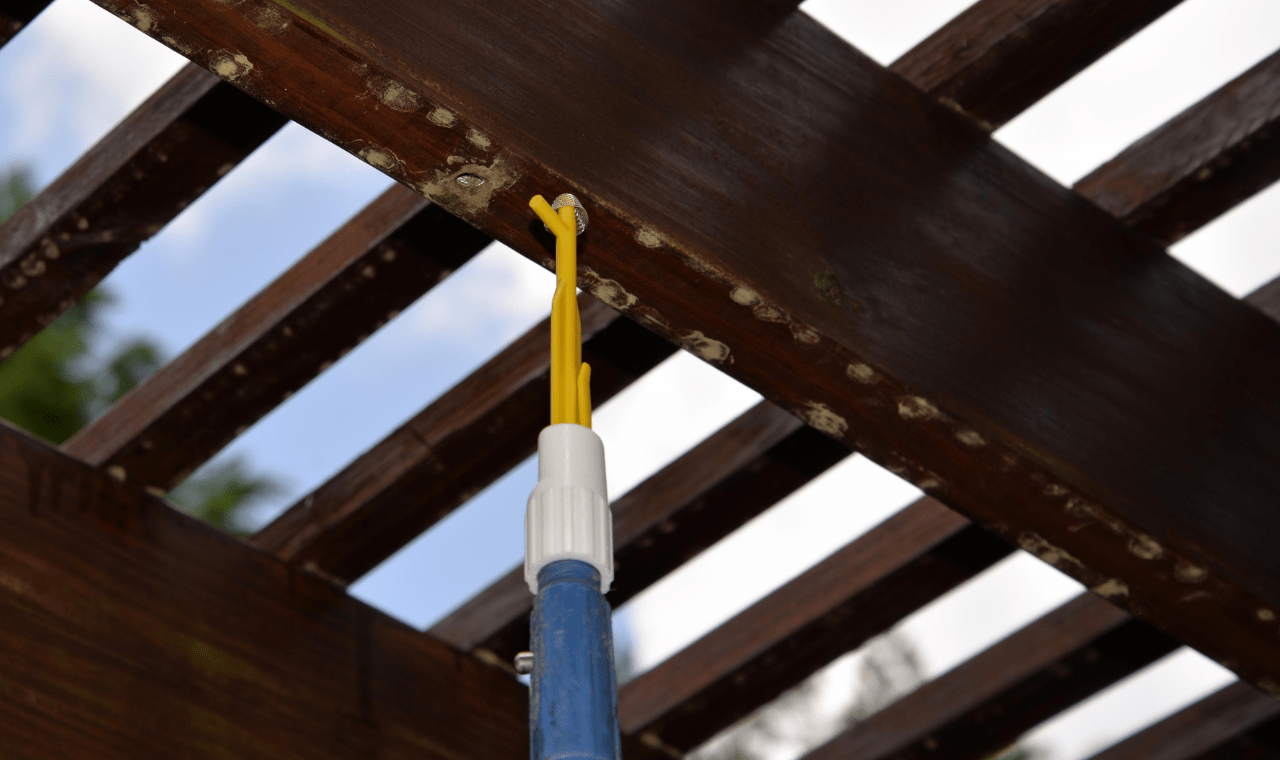
If you care about your home—and the structural integrity of your deck, porch, fascia, or eaves—don’t wait for signs of damage. That means: If you see a hole, block it with BB PRO stainless steel traps!
The carpenter bee house is a helpful supplement, but it’s not a solution. And if anyone in the peanut gallery tells you otherwise—bless their hearts, but they’re wrong.

Don’t wait for the wood to rot. Start with a patented BB PRO® trap and repellent kit today and stop carpenter bees before they chew your home to bits.
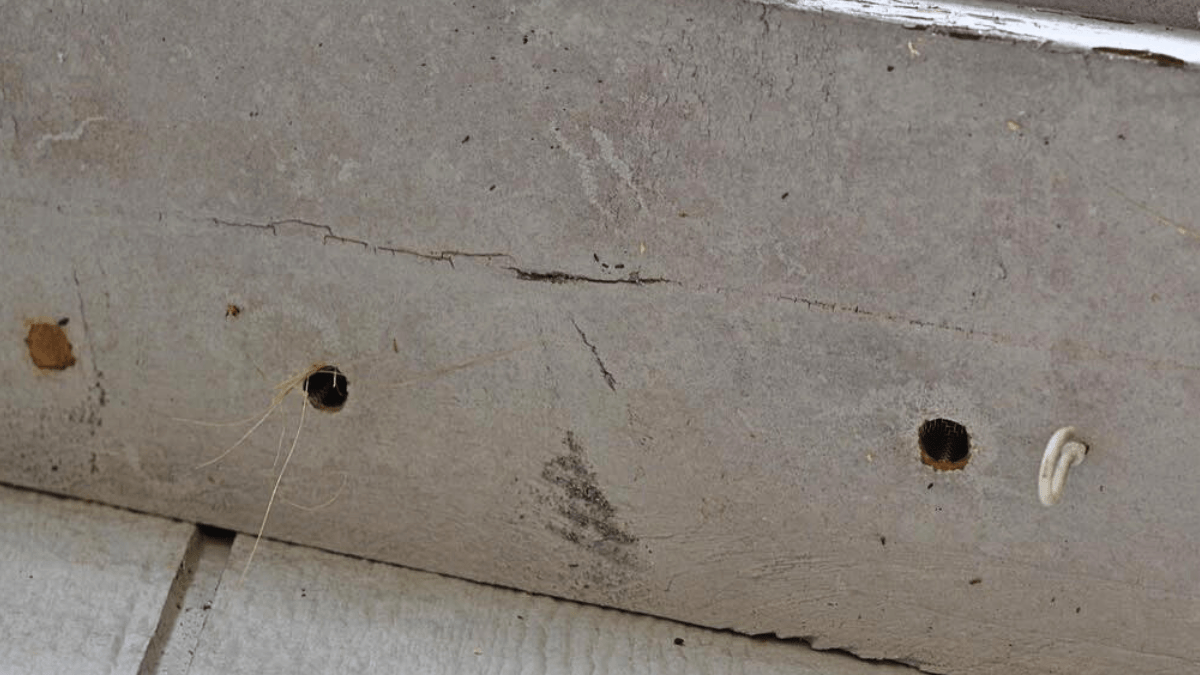
➡️ Shop Now: BB PRO Trap and Repellent System
Related Posts:
Do Carpenter Bees Sting & How to Stop the Damage in 2025
All About The Carpenter Bee Nest: Tips for Homeowners and Pest Control Operators
How to Deal with Carpenter Bees: Your Guide to Keeping Them at Bay

Carpenter bees can cause serious damage to wood surfaces, but simple, weatherproof solutions make it easy to protect your home
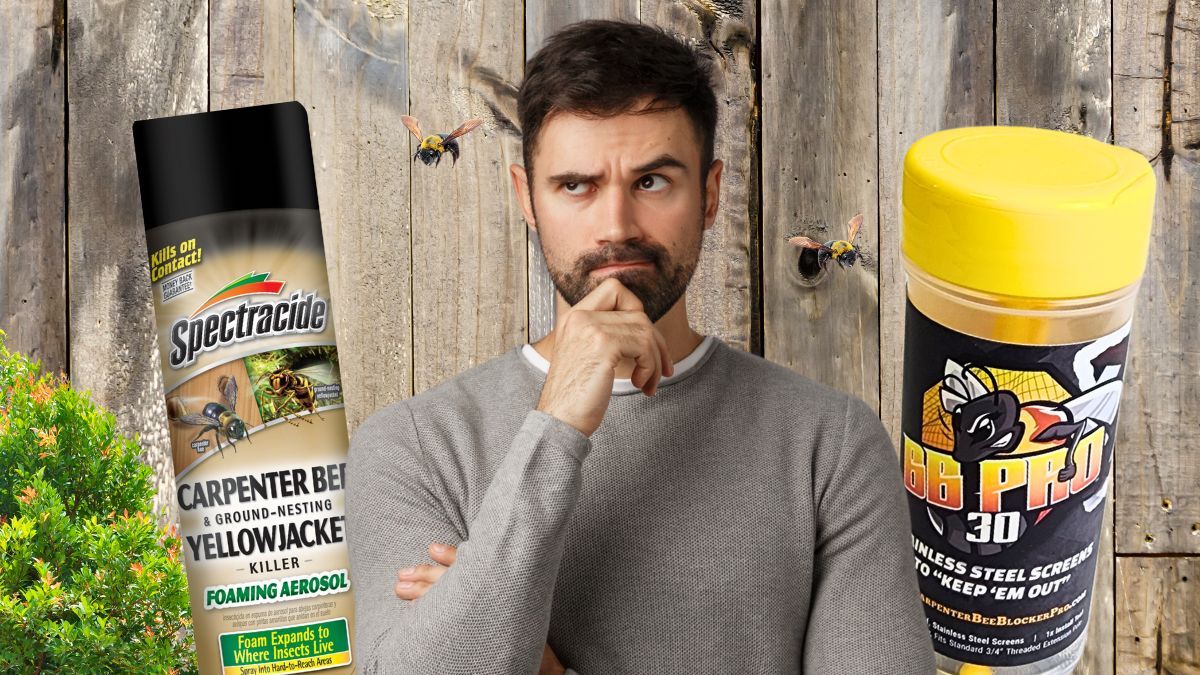
While Spectracide kills carpenter bees, Bee Blocker Pro prevents the damage before it starts—no need for pesticides unless absolutely necessary.
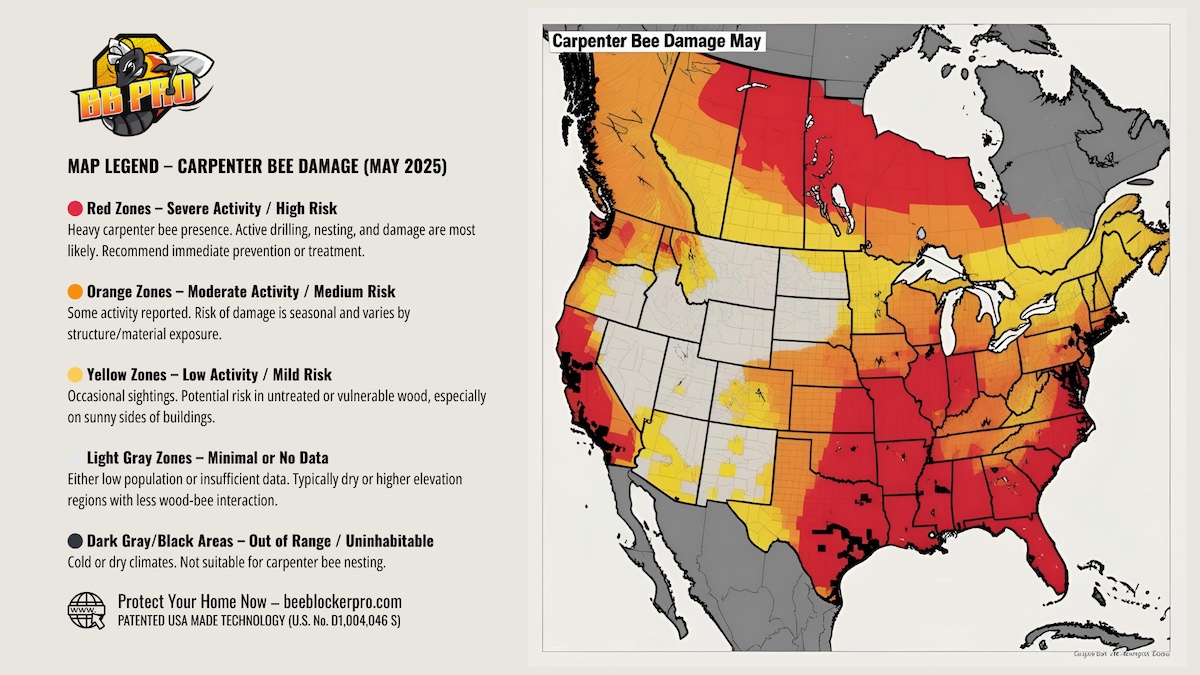
Carpenter bees are quietly drilling into homes across the U.S.—this updated heat map shows where damage is peaking right now.
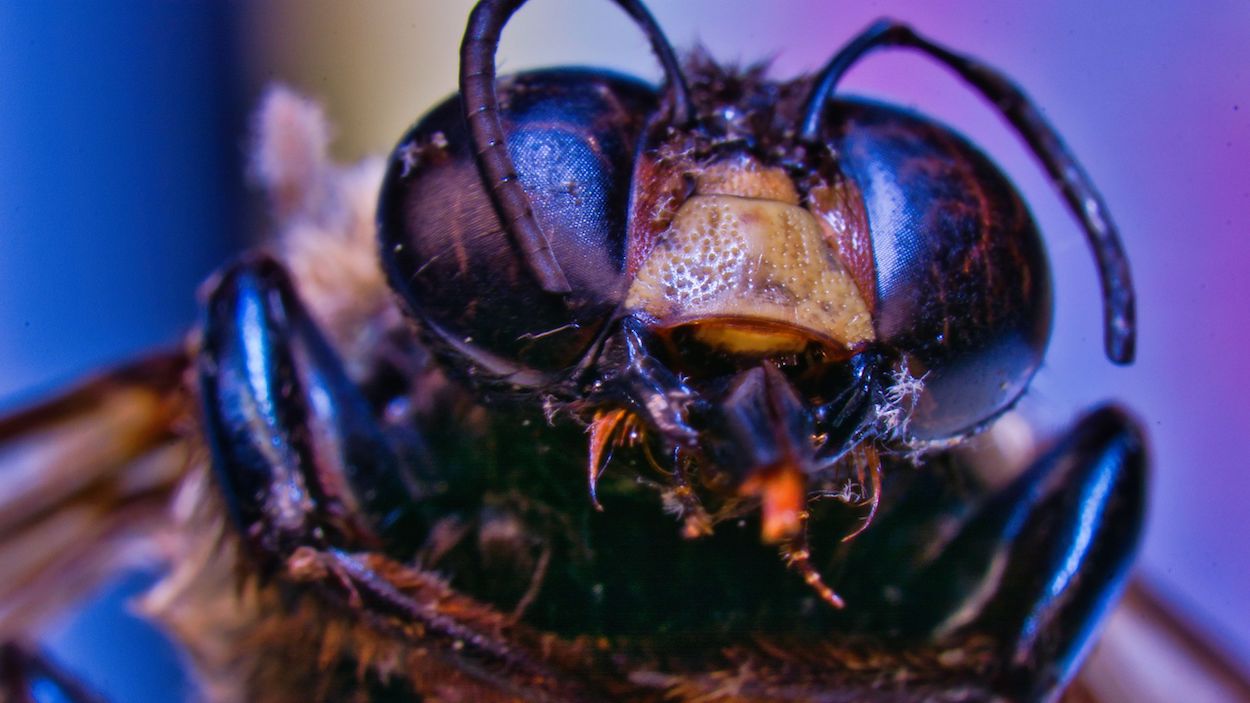
Discover why most carpenter bee sprays fail and how to use the proven, long-lasting solution to protect your home.
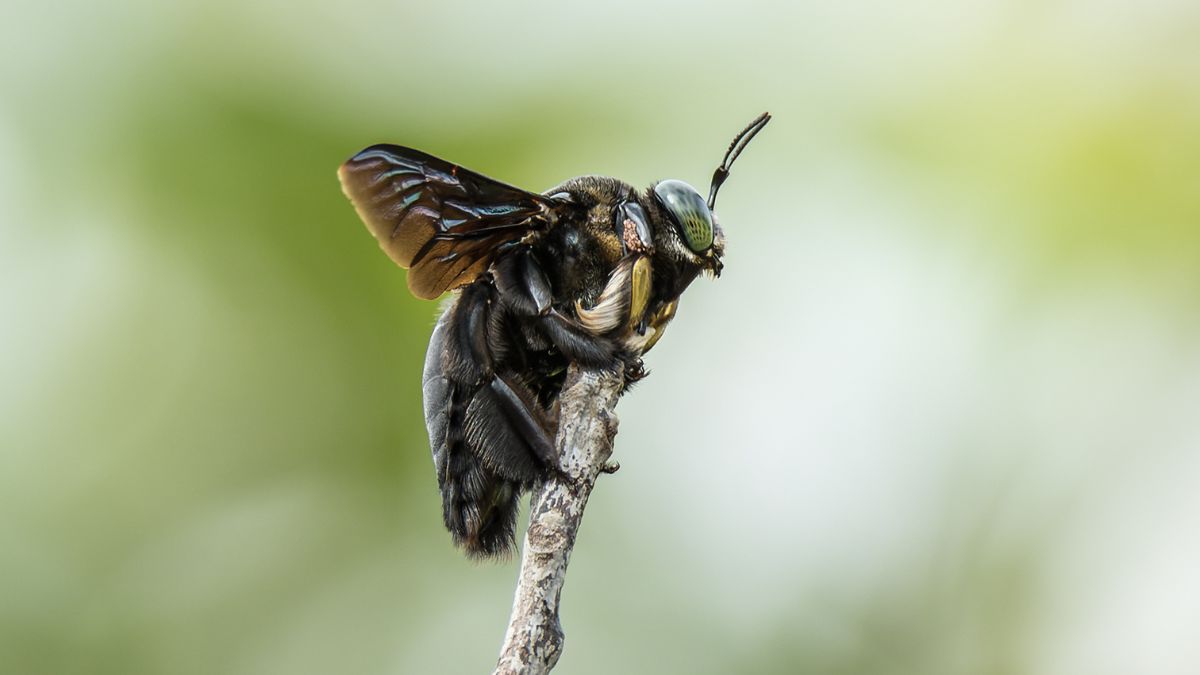
Protect your home naturally with a carpenter bee deterrent that seals holes and prevents damage—no bait, no ladders or messes,

Carpenter bee holes start small but cause big damage—see what a carpenter bee hole looks like and how to stop
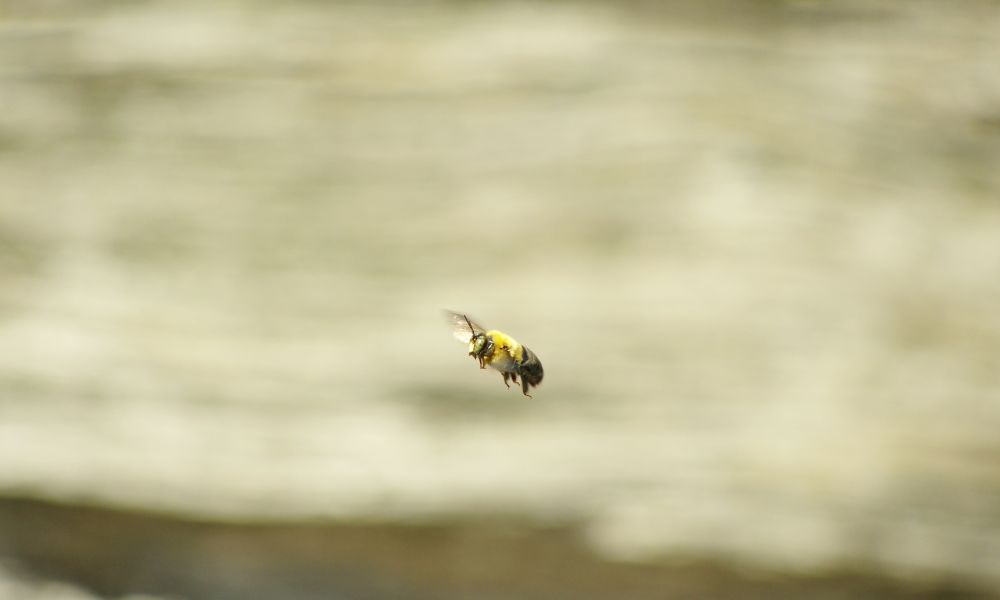
Cut off carpenter bee access, collapse the nest, and stop the damage—no sprays, no guesswork. Watch the video to see
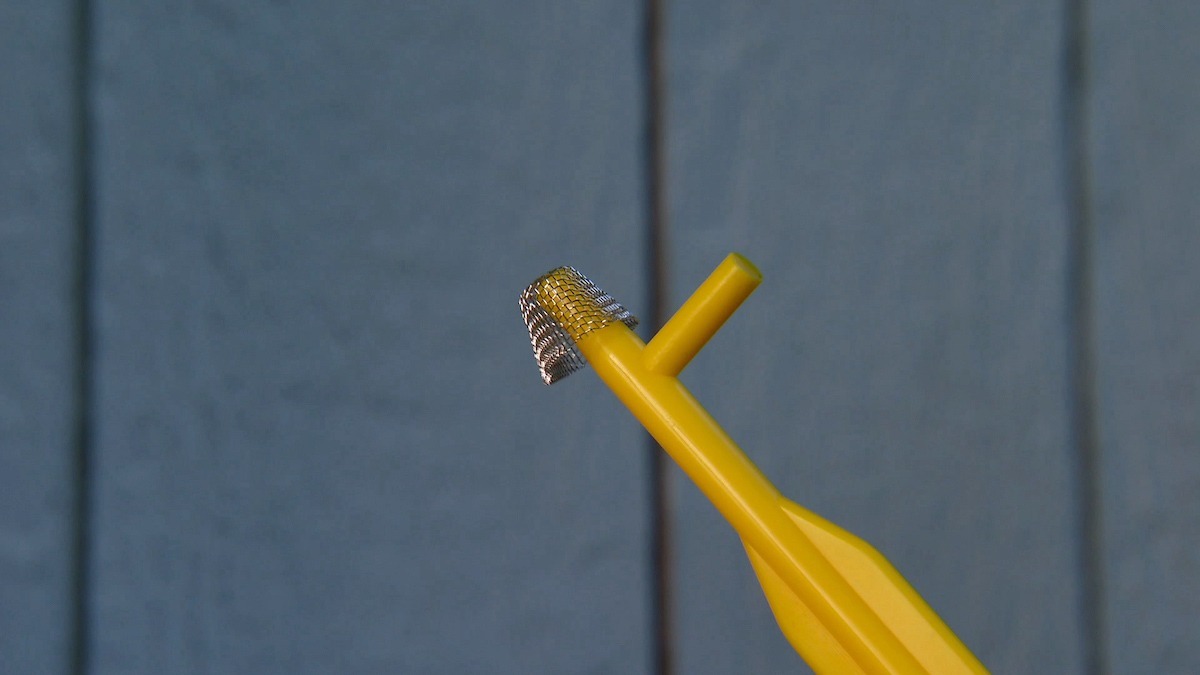
Blocking carpenter bee entry points isn’t just prevention — it collapses the entire nest by cutting off access, stopping the
This Post Has 2 Comments
Eye-opening for sure!
Great breakdown, Jeff! I’ve seen those trendy carpenter bee houses all over the place and almost bought one thinking it’d fix my problem. Glad I read this first—it makes total sense that a passive house won’t stop an active infestation. I had no idea the old tunnels attract not just more bees but other pests too (termites?! yikes). I appreciate how you explained it all in plain terms and offered a real solution with the BB PRO traps. Definitely feels like one of those “wish I’d known this sooner” moments. Thanks for cutting through the hype and giving practical advice!
Comments are closed.